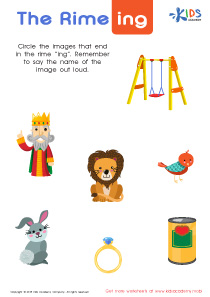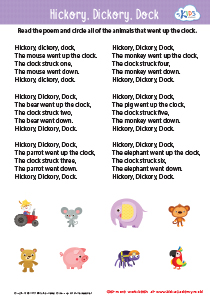Extra Challenge Building Vocabulary Worksheets for Ages 5-7 - Page 2
27 filtered results
-
From - To
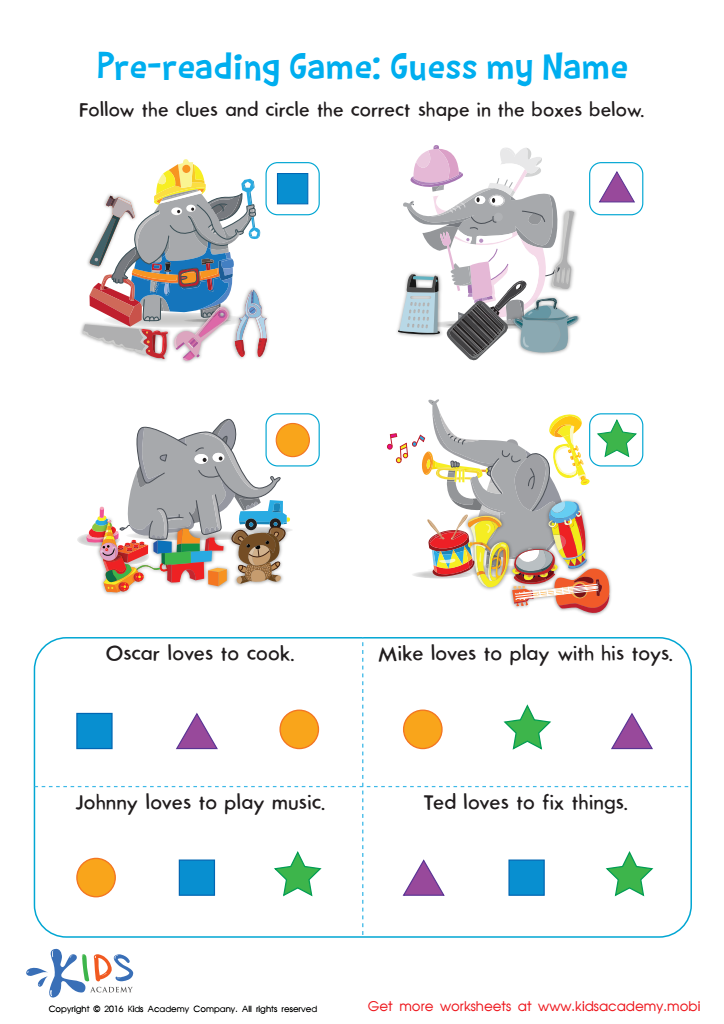

Pre Reading Worksheet Guess My Name
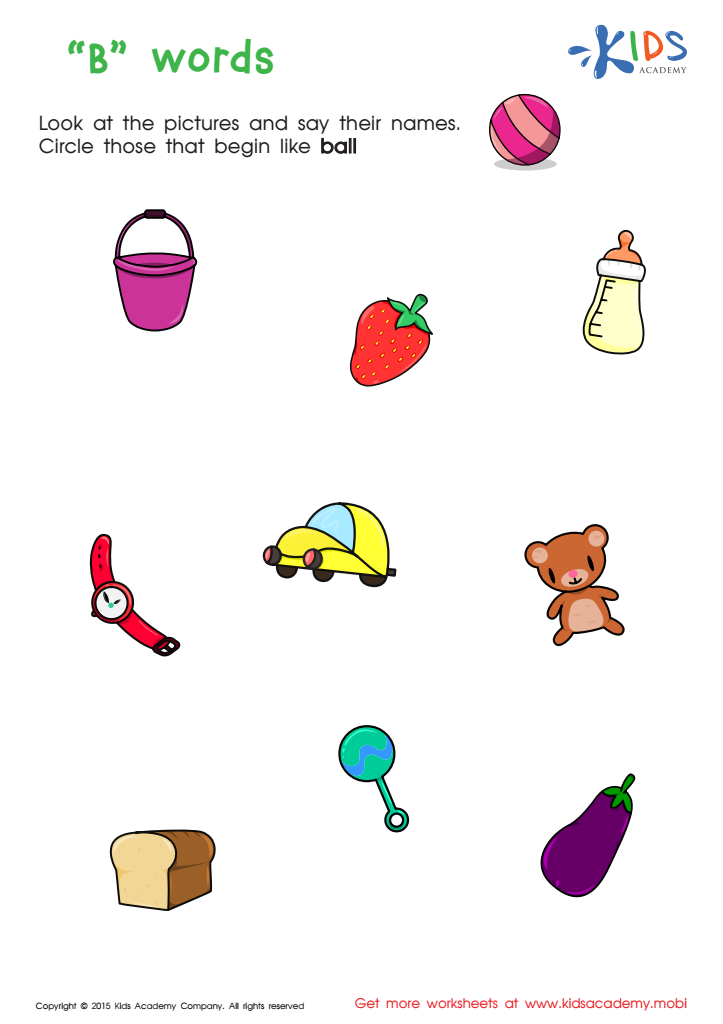

First Words Worksheet
Building vocabulary for children aged 5-7 is crucial as it serves as the foundation for their overall literacy development and academic success. As children in this age group are rapidly developing language skills, a rich vocabulary enhances their ability to express thoughts, emotions, and ideas more effectively. An expansive vocabulary also correlates with improved reading comprehension—a key factor in academic achievement.
By focusing on extra challenges in vocabulary building, parents and teachers can stimulate children's cognitive growth and critical thinking. Engaging with new words through play, conversation, and structured activities allows children to interact with language in meaningful ways, making it memorable and usable. Moreover, a strong vocabulary supports social skills, allowing children to communicate confidently with peers and adults.
Encouraging this learning fosters a love of language and a curiosity about the world. Additionally, a well-rounded vocabulary empowers children to tackle more complex subjects in later grades, promoting lifelong learning habits. Thus, parents and teachers should prioritize vocabulary-building activities not only to support immediate language skills but to equip children with the tools they need for future academic and social success.
 Assign to My Students
Assign to My Students
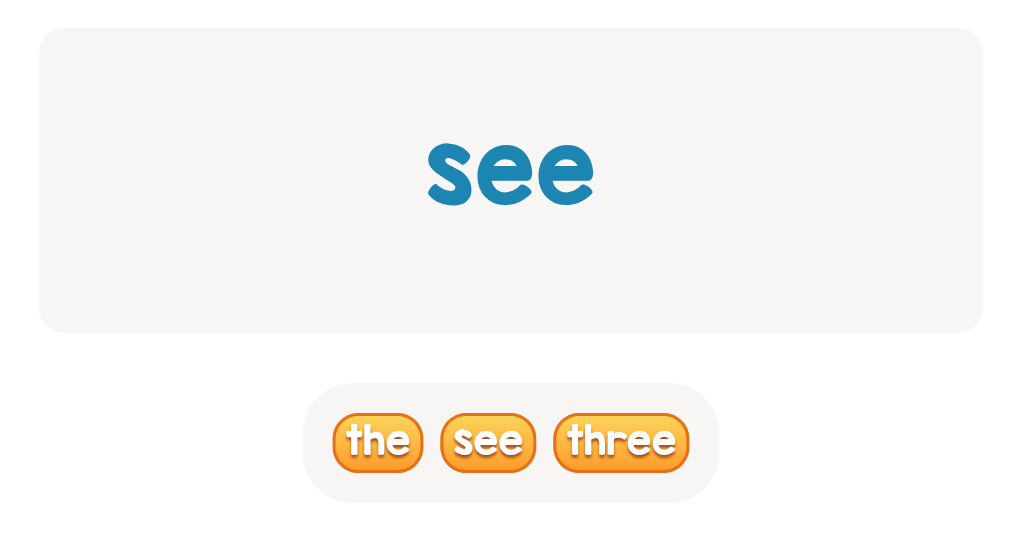
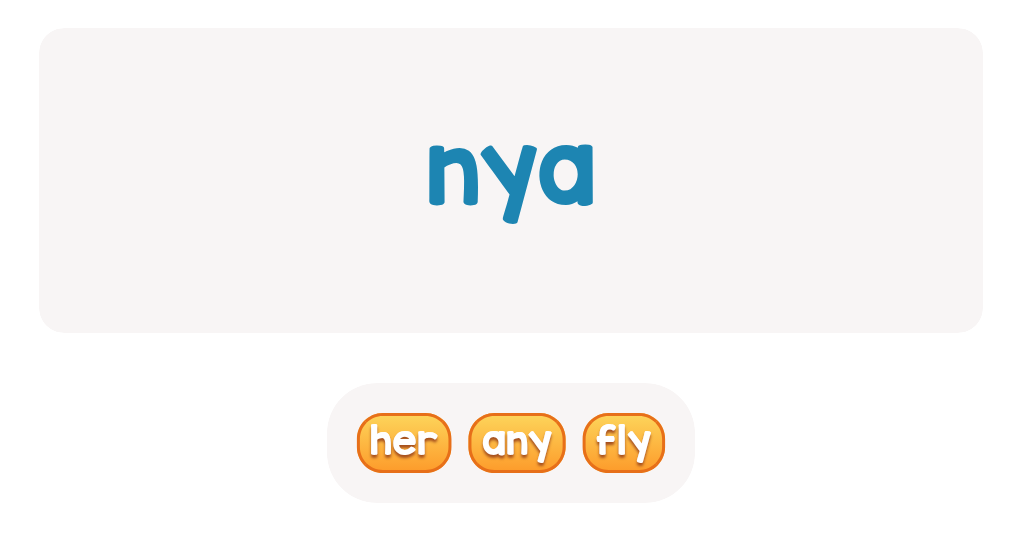
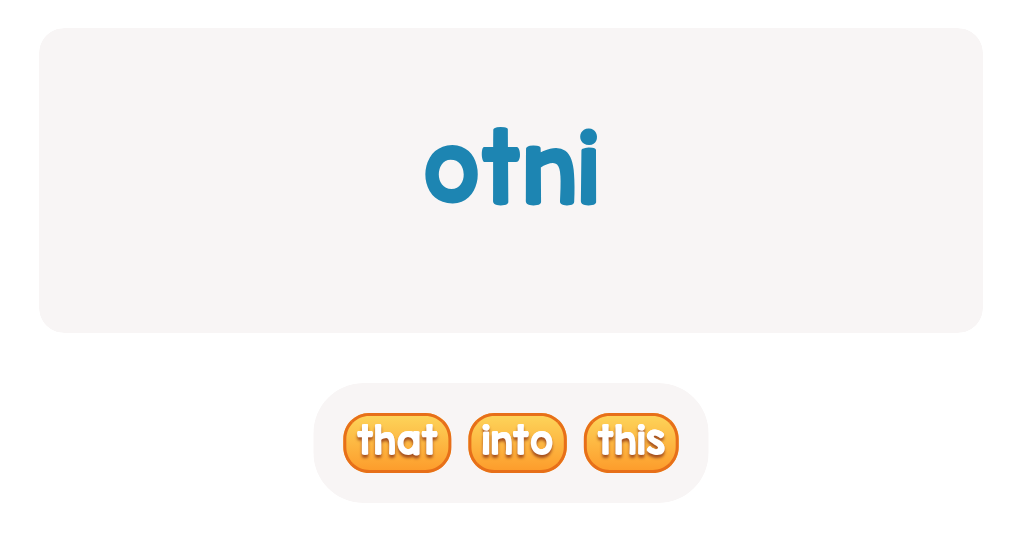
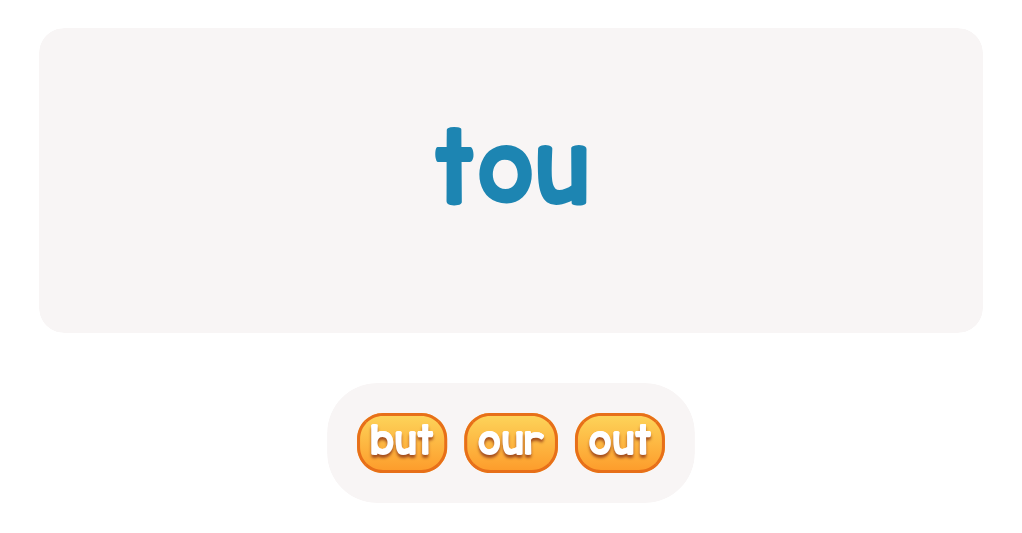
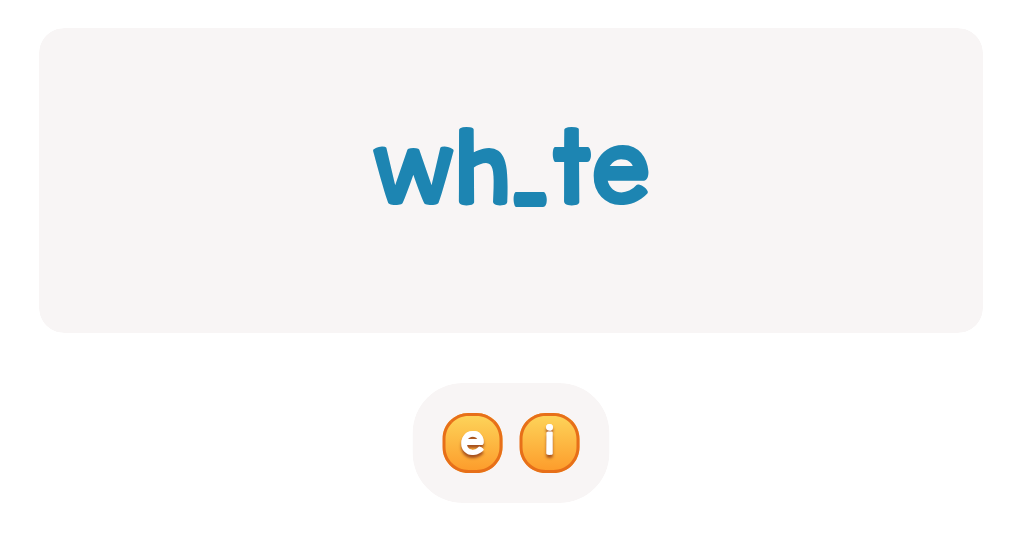
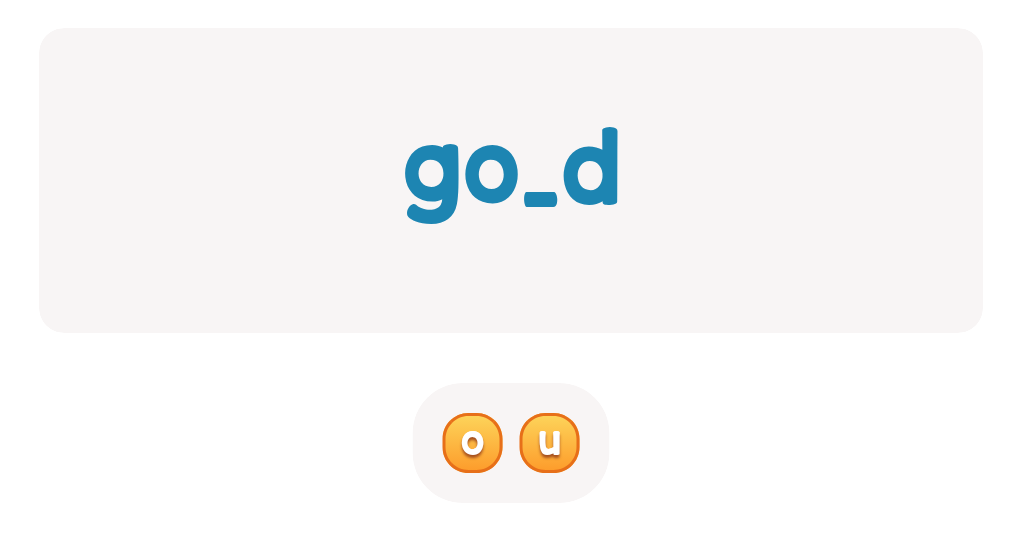
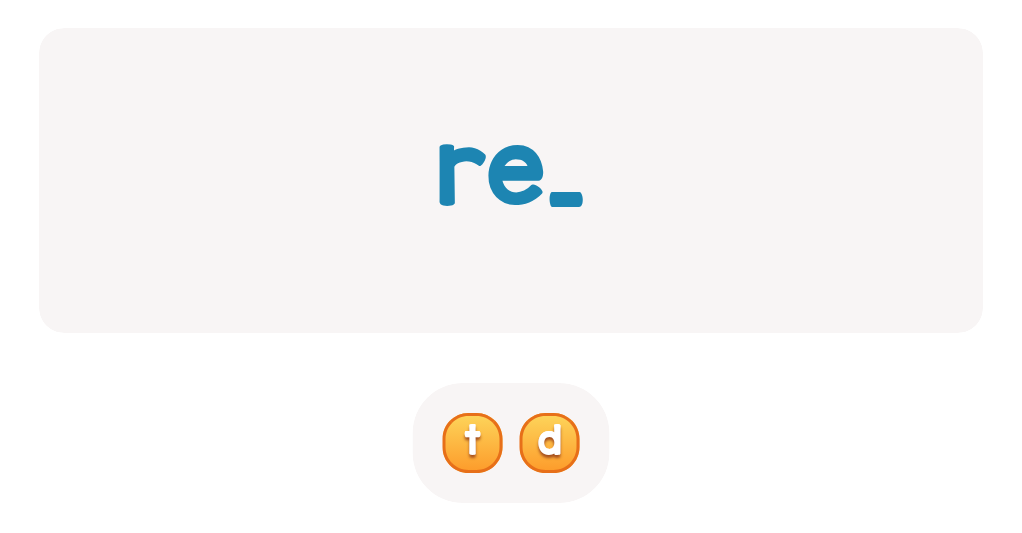
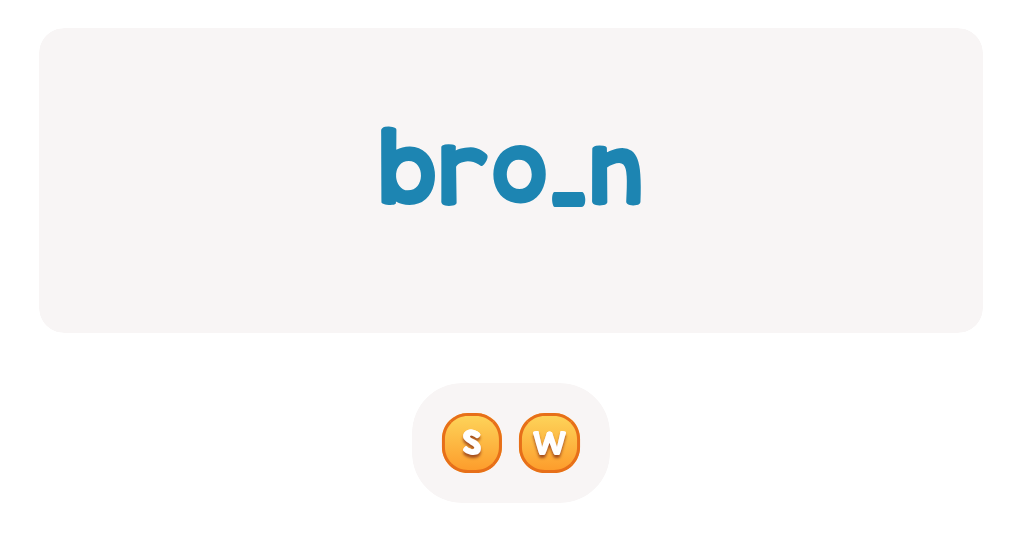
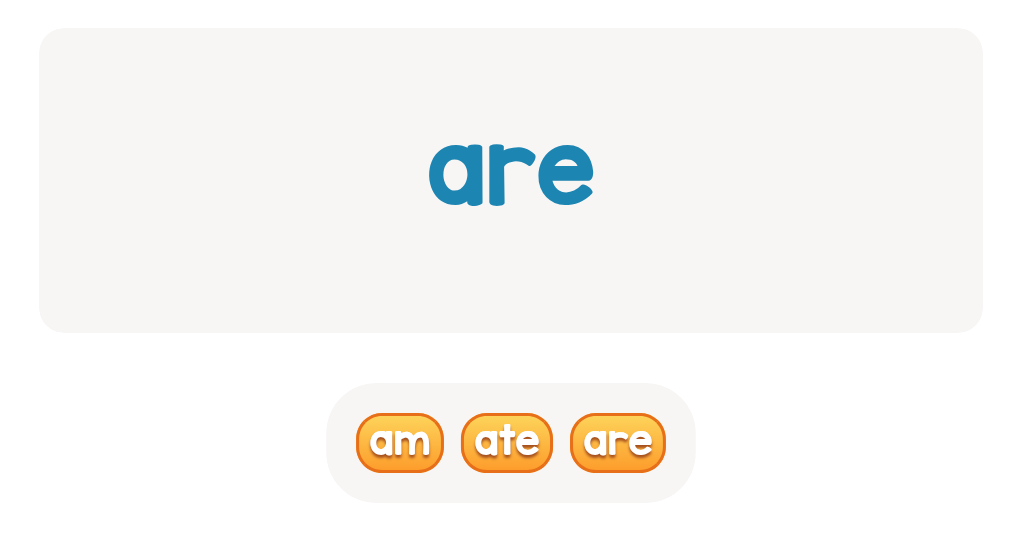

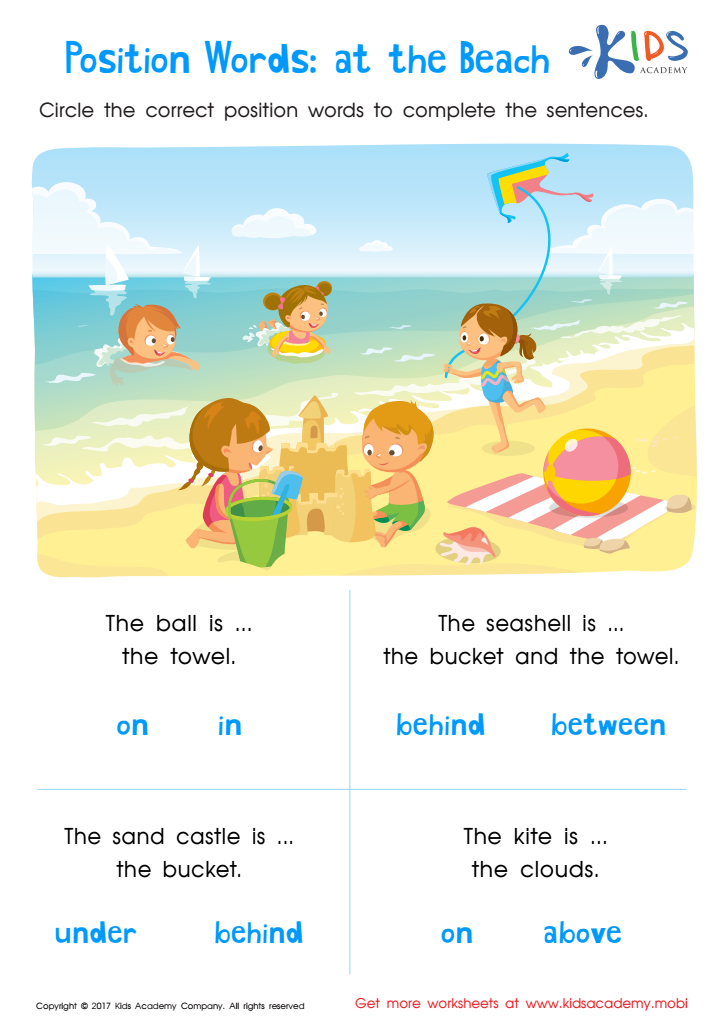





.jpg)




